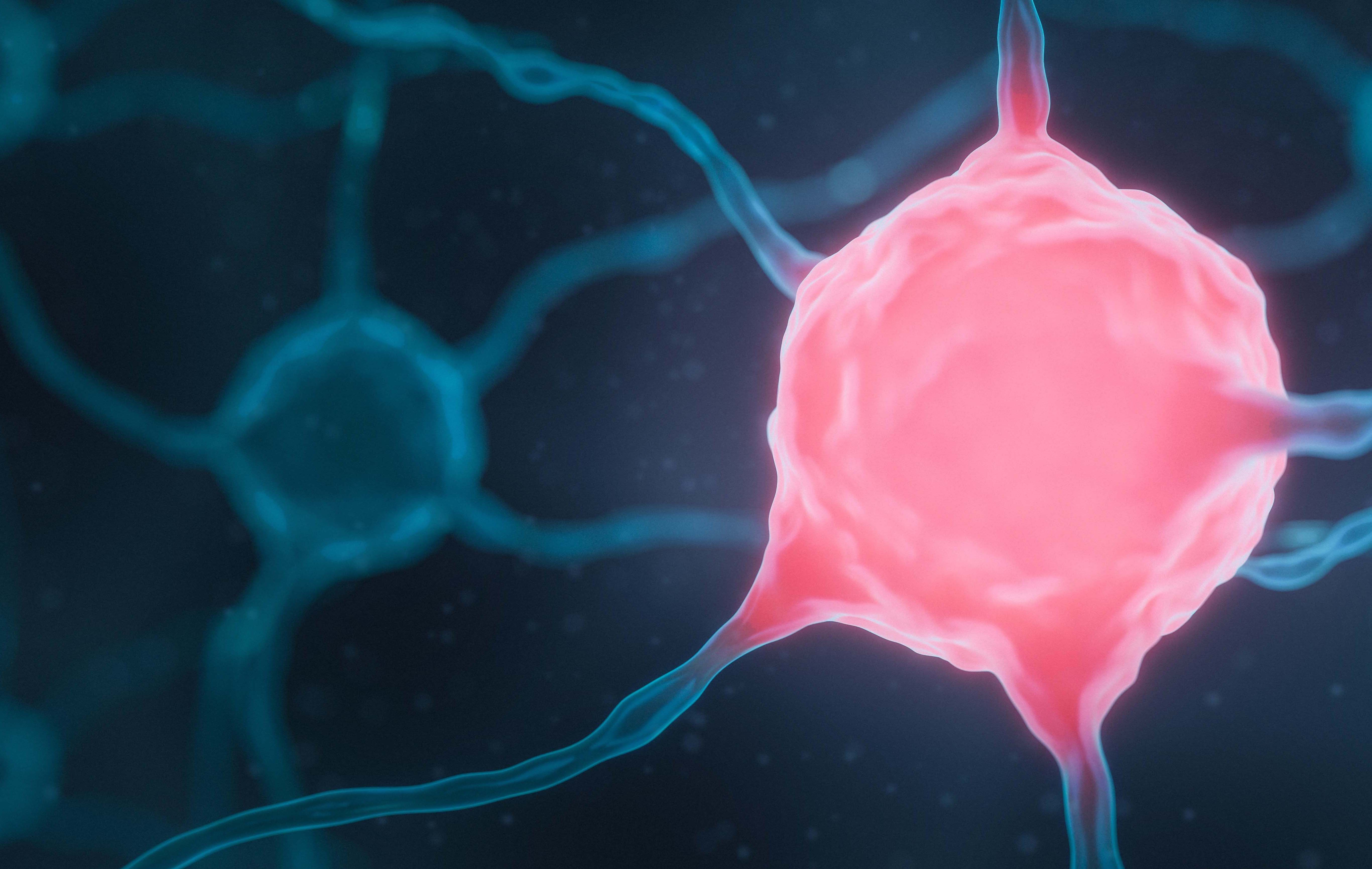ZEN-3694 Earns FDA Orphan Drug Designation in NUT Carcinoma
Assessment of ZEN-3694 plus abemaciclib or cisplatin/etoposide in NUT carcinoma is ongoing across 2 active clinical trials.
Previously, the FDA granted fast track designation to ZEN-3694 in combination with abemaciclib for those with unresectable or metastatic NUT carcinoma in July 2025.

The FDA has granted orphan drug designation to the investigational BET bromodomain inhibitor ZEN-3694 as a treatment for patients with NUT carcinoma, according to a press release from the developer, Zenith Epigenetics.1
Previously, the FDA granted fast track designation to ZEN-3694 in combination with abemaciclib (Verzenio) for those with unresectable or metastatic NUT carcinoma in July 2025.2 NUT carcinoma represents an aggressive, rare type of cancer that has no currently approved therapies.
“Orphan drug status underscores the unmet need for novel treatment options in this rare disease, where patients [have] poor prognoses and currently have no approved targeted therapies,” Donald McCaffrey, president and chief executive officer of Zenith Epigenetics, stated in the press release.1 “We believe ZEN-3694, through its epigenetic mechanism and combinatorial approach, has the potential to significantly improve outcomes and survival for people with NUT carcinoma. Orphan drug designation, and the recently announced fast track designation, help us advance this program with the goal of making ZEN-3694 available to those who may benefit from it.”
Developers engineered ZEN-3694 as a selective BET bromodomain inhibitor for use across several oncology indications. Across more than 550 patients who have received ZEN-3694 to date, developers have observed robust signs of on-target safety, chronic dosing, possible synergy with other targeted agents, and clinical efficacy.
According to the press release, the investigational BET bromodomain inhibitor has exhibited efficacy in NUT carcinoma as monotherapy and in combination with other agents. In particular, ZEN-3694 plus abemaciclib has produced higher and more durable responses compared with BET inhibitors alone.
Investigators are currently evaluating treatment with ZEN-3694 in combination with abemaciclib in a phase 1 trial (NCT05372640) and with cisplatin/etoposide as part of a phase 1/2 trial (NCT05019716).
Phase 1 Trial
In this phase 1 study, investigators are assessing the safety, adverse effects (AEs), and optimal dosing of ZEN-3694 plus abemaciclib among patients with NUT carcinoma, breast cancer, or other metastatic or unresectable solid tumors.3 An estimated population of 45 patients will receive ZEN-3694 orally once daily on days 1 to 28 of each cycle or for 5 days on and 2 days off of each cycle in combination with abemaciclib orally on days 1 to 28 of each cycle.
The trial’s primary end points include the maximum tolerated dose (MTD), incidence of AEs, overall response rate (ORR), clinical benefit rate, duration of response (DOR), time to response, and overall survival (OS). Secondary end points include pharmacokinetics and thymidine kinase activity.
Patients 12 years and older with a histologically confirmed metastatic or unresectable malignancy and any number of prior lines of therapy in the metastatic setting are eligible for enrollment on the trial. Other eligibility criteria include having an ECOG performance status of 0 to 2 for patients 16 years and older or a Lansky performance status of at least 50% for those younger than 16.
Phase 1/2 Trial
Investigators of the phase 1/2 trial are exploring the safety, AEs, and best dose of ZEN-3694 plus cisplatin/etoposide for patients with NUT carcinoma.4 An estimated population of 55 patients will receive ZEN-3694 once or twice daily on days 1 to 14 or days 1 to 21 of each cycle. Investigators will also administer etoposide intravenously on days 1 to 3 for cycles 1 to 4 or up to 8 cycles plus cisplatin intravenously on day 1 of the first 4 cycles or up to 8 cycles.
The trial’s primary end points include the MTD and ORR. Secondary end points include DOR, progression-free survival, OS, and incidence of AEs.
Patients 12 years and older with metastatic or unresectable disease; an ECOG performance status of 0 to 2, a Karnofsky performance status of 60% or higher, or a Lansky performance status of at least 50%; and measurable disease per RECIST v1.1 criteria are eligible for enrollment on the study.
References
- Zenith Epigenetics’ ZEN-3694 receives orphan drug designation from FDA. News release. Zenith Epigenetics Ltd. October 27, 2025. Accessed October 28, 2025. https://tinyurl.com/mr3rmc6c
- FDA grants Zenith’s ZEN-3694 fast track status. News release. Zenith Epigenetics Ltd. July 14, 2025. Accessed October 28, 2025. https://tinyurl.com/yb8764k6
- Testing the safety and efficacy of the combination of two anti-cancer drugs, ZEN003694 and abemaciclib, for adult and pediatric patients (12-17 years) with metastatic or unresectable NUT carcinoma, breast cancer and other solid tumors. ClinicalTrials.gov. Updated September 19, 2025. Accessed October 28, 2025. https://tinyurl.com/nhvttdb4
- Testing the safety and efficacy of the addition of a new anti-cancer drug, ZEN003694, to chemotherapy treatment (etoposide and cisplatin) for adult and pediatric patients (12-17 years) with NUT carcinoma. ClinicalTrials.gov. Updated September 3, 2025. Accessed October 28, 2025. https://tinyurl.com/bp6xe6wz
How Supportive Care Methods Can Improve Oncology Outcomes
Experts discussed supportive care and why it should be integrated into standard oncology care.